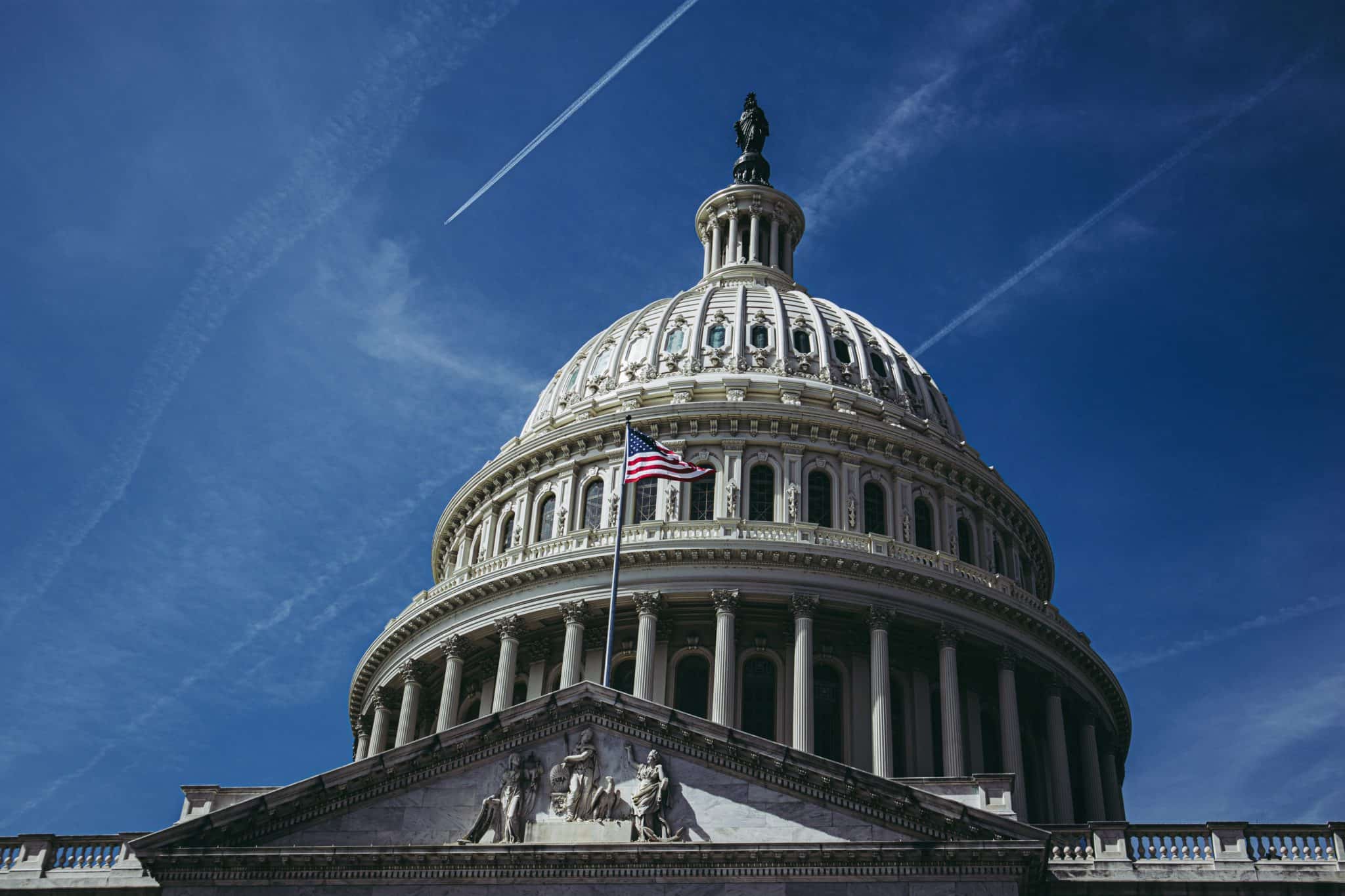Anita Alem is a student at Harvard Law School.
In today’s news and commentary: Underfunding at the NLRB; PEB recommends wage increases to avoid rail strike; NLRB files another complaint against Starbucks; and California begins collecting employee demographic data self-identifying as a descendant of enslaved peoples.
The Guardian reported Wednesday that labor leaders in the United States are sounding the alarm over NRLB funding levels. The NLRB budget has been frozen since 2014, and since then, field staff has been reduced by 37%. The funding crisis is further exacerbated by the 58% increase in union elections last year, particularly due to organizing efforts at Starbucks and Amazon. The latest disappointment over agency funding levels occurred when Congress failed to include an increase in funding for the NLRB within the Inflation Reduction Act. Congress could still increase the NLRB budget through the appropriations process.
As Travis has previously reported, railroad workers have been attempting to reach a contract for more than two years and are on the verge of going on strike, which could have significant implications for supply chains. The Presidential Emergency Board (PEB) recommended providing more significant wage increases and increased health coverage. Railroad Workers United, a committee of the 12 unions that represent the workers, is considering the recommendations and has 30 days to accept the non-binding proposals.
The NLRB filed yet another complaint against Starbucks on Tuesday, adding to the more than 20 complaints that have already been filed against the company. The complaint alleges that Starbucks sent workers at 10 stores letters that insisted that when workers unionize, wages and benefits will be frozen while negotiations occur and that a contract may never be reached; these letters interfered with workers’ NLRB rights.
Finally, California is set to become the first state to begin collecting demographic data of state employees specifically identifying whether the employee is a descendant of enslaved people. The opt-in demographic information may be gathered beginning in 2024 and is anticipated to be publicly available beginning in 2025. California also recently passed a bill in support of reparations and produced a task force report investigating reparations for Black Californians who are descendants of slaves.






Daily News & Commentary
Start your day with our roundup of the latest labor developments. See all
July 11
Regional director orders election without Board quorum; 9th Circuit pauses injunction on Executive Order; Driverless car legislation in Massachusetts
July 10
Wisconsin Supreme Court holds UW Health nurses are not covered by Wisconsin’s Labor Peace Act; a district judge denies the request to stay an injunction pending appeal; the NFLPA appeals an arbitration decision.
July 9
the Supreme Court allows Trump to proceed with mass firings; Secretary of Agriculture suggests Medicaid recipients replace deported migrant farmworkers; DHS ends TPS for Nicaragua and Honduras
July 8
In today’s news and commentary, Apple wins at the Fifth Circuit against the NLRB, Florida enacts a noncompete-friendly law, and complications with the No Tax on Tips in the Big Beautiful Bill. Apple won an appeal overturning a National Labor Relations Board (NLRB) decision that the company violated labor law by coercively questioning an employee […]
July 7
LA economy deals with fallout from ICE raids; a new appeal challenges the NCAA antitrust settlement; and the EPA places dissenting employees on leave.
July 6
Municipal workers in Philadelphia continue to strike; Zohran Mamdani collects union endorsements; UFCW grocery workers in California and Colorado reach tentative agreements.